VMware by Broadcom Lesson: Don’t base your career on a product
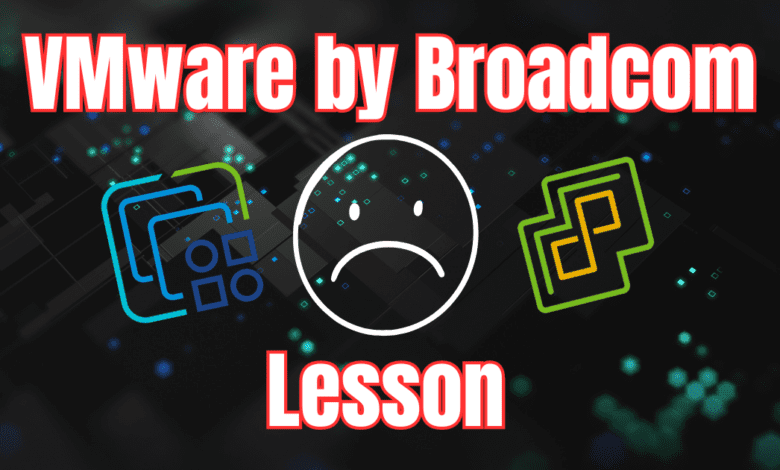
I have been involved or at least associated with VMware solutions and infrastructure since circa 2004, which is quite a long time. Like most I was blown away by the technology when I first saw what it could do and like many, it was a large part of many of the roles I have been involved with since around that time frame. Thankfully, I have evolved in my skillset since then and transitioned into other technologies. But, I am still feeling the pain for fellow VMware admins out there in a strictly VMware role. The VMware by Broadcom lesson on the buyout underscores the danger of building a career around a company or a specific technology.
Table of contents
Changed focus?
We are seeing some fairly monumental things happening with VMware as a company that seems to line up with what has been seen with Broadcom buyouts. It seems apparent that Broadcom is focusing its attention on its largest customer base and raising prices and agreements to a level that no longer is as feasible for small customers or the SMB market.
We have seen this with some of the term changes with MSP agreements, licensing changes, and the partner program so far. I have seen other resources, including various other blog posts that have called out this changed focus as a way to weed out customers that lead to increased support costs for the VMware side and increased revenue from those customers that are simply too large to switch.
No more free ESXi
I don’t agree with what has happened on this front. The shift from VMware to eliminate the free version of ESXi I think is going to eliminate the opportunities for new IT professionals to have access to and WANT to learn VMware.
When something is hard to get, younger IT professionals won’t be as inclined to get their hands on the binaries and so they simply won’t learn the skills or recommend VMware in small environments, SMB, etc that are coming online.
It may take some time to see this trickle down effect. But, the result will be that VMware has eliminated the source of new environments and revenue from ever getting off the ground. It is sad to see this happen as I really do feel like one of the driving forces behind what led to VMware being so widely adopted and dominating the enterprise data center is/was the community.
So many young IT professionals back in the day (now mid to later career pros) cut their teeth on free versions of ESXi and since this was readily available AND VMware was the defacto standard for virtualization in the enterprise because it made sense from a cost perspective, it fueled the adoption.
Now that Broadcom is pricing VMware so that it is no longer feasible for it to be relevant in this space for SMB and the free ESXi hypervisor is no more, I think we will see a transition in the enterprise to other solutions and the cloud will now totally dominate.
As the cloud continues to gain momentum, bigger enterprises who are stuck with “an orders of magnitute” price increase, will refocus on refactoring (probably already refactoring or in the middle of this transition) and planning on how they can move to a different platform or to the cloud.
Read the official VMware KB detailing the end of general availability for VMware ESXi free: Article Detail (vmware.com).
Check out my post covering the elimination of VMware ESXi Free edition here: Best Free Hypervisors Now That VMware ESXi Free Edition is Dead.
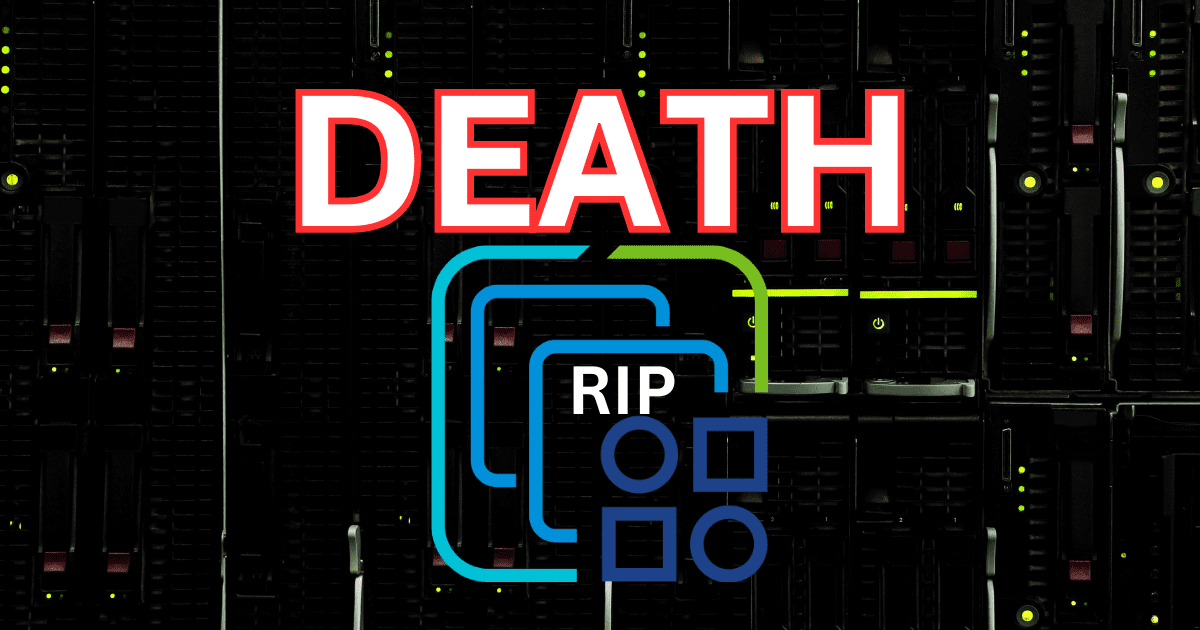
Will this be the year of KVM and Open-Source?
Most likely it will. Literally everyone I know or have talked to, whether it is in regards to home labs or production environments, is thinking of transitioning to something different, which is a shame for VMware. To this day, I think it is the most advanced hypervisor out there. But also, at the end of the day, costs matter. As I have mentioned in previous blog posts, there will hopefully be a silver lining to the fallout from the acquisition. I think this will be twofold:
- We will be forced to learn new cloud skills that we may have been holding out on due to the strong incentives to stay on-prem. I think those incentives have quickly diminished with recent developments
- We will be pushed to learn new hypervisor technologies (KVM, Xen, Hyper-V, and others) and embrace the open-source community that is thriving
Life Lesson?
If there is a simple life lesson many should take from the VMware by Broadcom acquisition, it is this: never solely base your career solely on a product or technology. It is okay to learn in depth knowledge from a specific technology. However, don’t paint yourself into a corner of only learning a specific technology just because it is the best at the moment.
Constantly learn and push yourself out of your comfort zone. If you do, you will always thrive no matter what climate or technology is “all the rage” at the moment since you will be learning skills that transcend a specific technology, solution, or product.
May this take be all wrong from a VMware future perspective? It certainly could be and I really hope that is the case. VMware will always have a special place from my perspective as it is one of the reasons I got excited about IT, data center technologies, virtualization, etc.
Next steps
If you are in the situation of “VMware is all I know” then kindly take some steps I will list below. You will be surprised at how quickly you will start to feel comfortable with different technologies:
- Spin up a totally different hypervisor on old hardware/server you have around: Proxmox, XCP-ng, Hyper-V, and others
- Play around with migrating workloads from VMware to a different hypervisor
- Spend a week learning the ins and outs of how KVM, Proxmox, XCP-ng handles networking, storage, and other details
- Spin up and free cloud account or sign up for Pluralsight or another online training platform
- Picking up great new skills doesn’t have to come all at once, it is usually baby steps and small chunks.
Get up to speed more quickly with my how-to’s below on Proxmox and XCP-ng:
Learn Docker and related technologies:
Delve into Kubernetes:
Let me know in the comments your thoughts on the buyout and this VMware by Broadcom lesson and thoughts. Have you been affected personally? Do you feel like you have based your career on VMware up to this point? Do you think the gloom and doom will eventually blow over? Will enterprise organizations deal with the increased costs and just move on, or will they transition from VMware as quickly as possible?




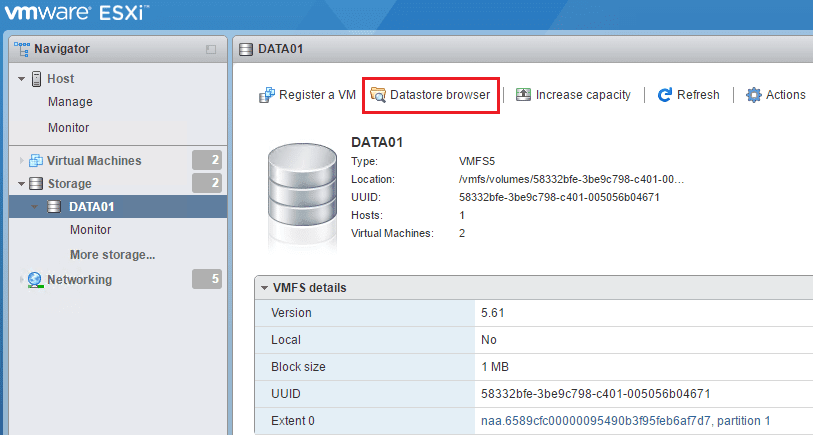
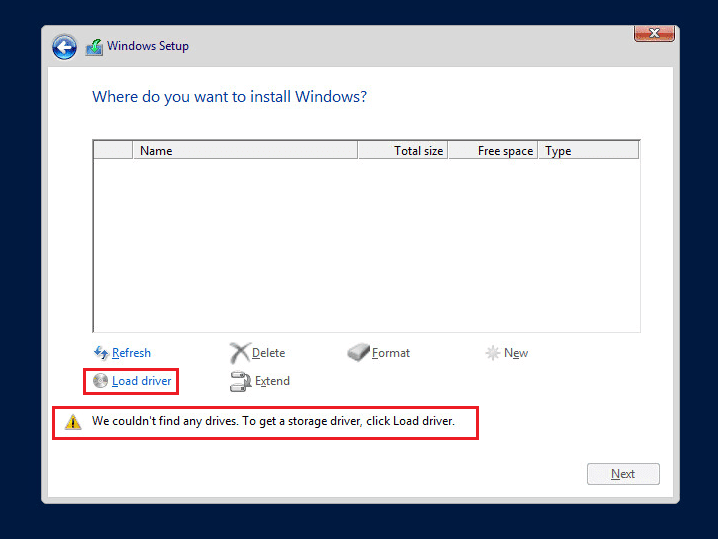
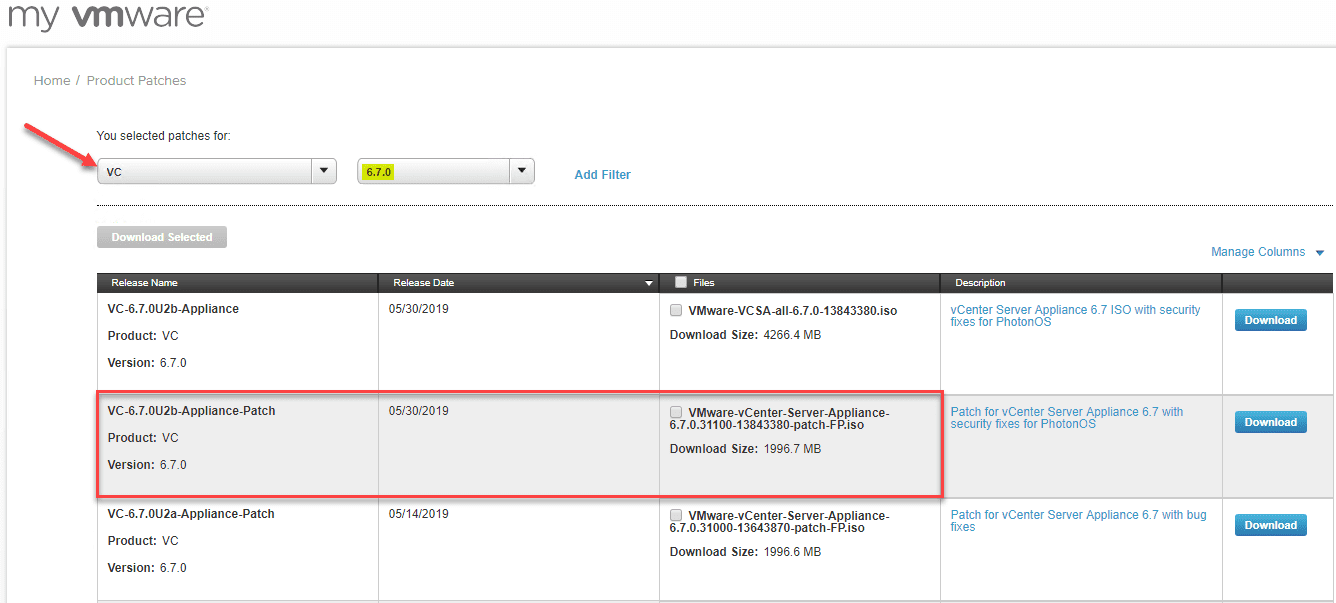
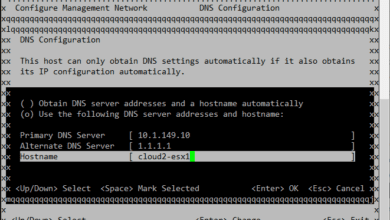


Loved your words/advice “never solely base your career solely on a product or technology.” Brendon ☺️ in”Life Lesson” section.
Thank you Nisar as always,
Brandon
Brandon, great point! I truly agree that we need to step out of our comfort zone and learn a bit about everything available in the market. Thank you so much.
Dave,
Thank you for the comment! Definitely. More now than ever, we have to keep things moving forward with learning and growing.
Brandon
Broadcom screwed us all, but like you said, it’s a stark reminder that you can’t base your career on one product. Now we will have to learn something new. I have no idea what the new pricing structure is going to do to my organization, I work for the government. We use Nutanix which, is great but very expensive so I’m not sure if that’s going to be the answer for us. Good luck to all of us.
Dave, thank you for the comment! I really appreciate your insights on Nutanix. It is a relatively new technology for me. However, diving deeper into Nutanix with recent developments.
Brandon
Thank you brandon for the enlightening. I’m so glad that all my approach is toward what you mentioned. I started learning docker and k8s and have improved my opensource knowledge since then. But something crucial here is that we, as people who have devoted long time on learning the technology, can better engage in other technologies (as you said it may take just one week to learn about networking, storage,… concepts) in other solutions.
Eagle, thank you for the comment! Definitely sounds like you are heading in the right direction with your learning path. Today more than ever we have to keep learning and moving forward.
Brandon
Technology shifts have happened earlier too – cobol/mainframes/novell netware/proprietary unixes, etc. Thanks to Opensource, people have more choices though painful & time-consuming to switch. Especially when pushed to a corner, there is more inclination to try out alternatives – I am hopeful, we will see more improvements as enterprises move in that direction.
All will be revealed in the fullness of time. I agree one should not be tied to a product or technology, but i’m afraid I disagree with your predictions on vmware. The licensing model, updating strategy and integration appear to be driving towards a simpler one that will ultimately work better for VMware, customers and Broadcom. All those years of Dell ownership corrupted VMwares soul, code quality and support model. Its now gettibg a well deserved reset, shaping itself to compete as a cloud provisioner. In the end the maturity of the vmware main vcf stack will prevail.
Hyper-V achieved feature parity some time ago… I administer both, but I find hyper-v much simpler to use.
Assuming you are running a windows server environment it is likely to be the most economical and familiar environment as well.
James, thank you for the comment. I think Hyper-V may be a good option for many in the enterprise that are aligned with Microsoft Windows in their environment for sure and have the enterprise licensing to go with it.
Brandon
“Hyper-V achieved feature parity” ?
I assume that’s from a windows admin.
Sounds like a lot of clickbait for me. You have always need to stay on top of you skills, I worked with Citrix products fir nearly a decade and then switched to VMware skills. So no surprise for me if you have not looked at other technology for a decade you just have been lazy.
Thanks for writing this and for providing links for people to cross-train.
The only technology that never seems to go away is COBOL 🙂
Thank you Dennis!
Brandon